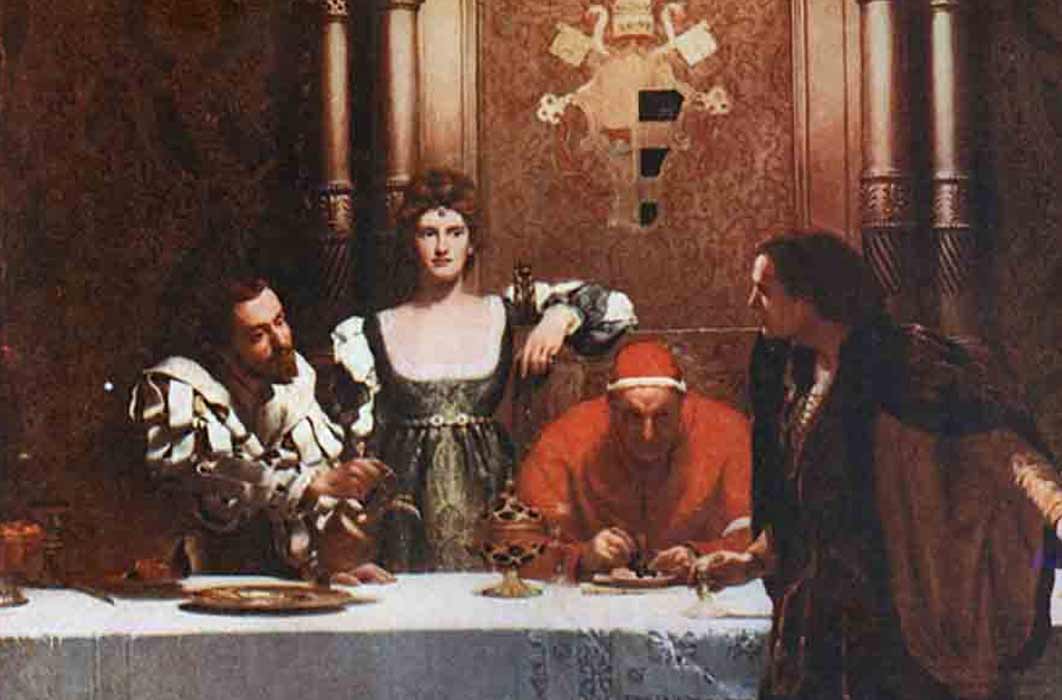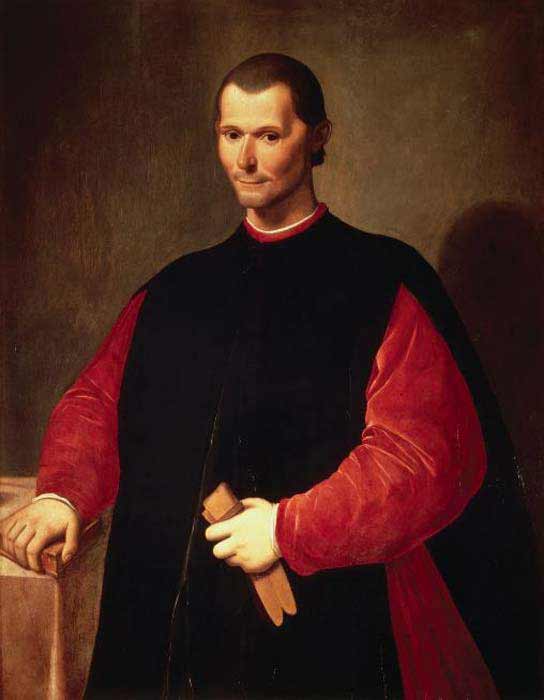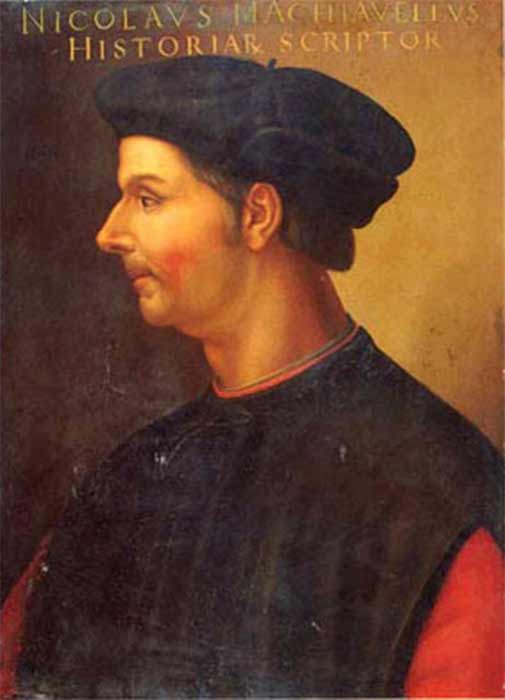
The Classical Influences Behind The Works Of Niccolo Machiavelli
Niccolo Machiavelli, a 16th-century man, is today still feared and yet revered. Machiavelli has come to represent the archetype of a scheming and conniving mastermind and even modern psychology refers to Machiavellianism as one of the Dark Triad personality traits. He is perceived as one who deceives, plays tricks, and shows no mercy. However, this profile of the man may be biased. Niccolo Machiavelli did not invent and manufacture what many consider his nefarious ideas on his own accord. Rather, sourcing his education, experience, knowledge, and wisdom, he penned three books. His first book was The Art of War (1519), his second book Discourses on Livy (1531), and his most famous work, The Prince (1532), which earned him his notorious reputation. The last two books were published post-mortem in 1527. In order to find who and what philosophies influenced this man, it is best to look at his early life and publications in chronological order.

Portrait of Niccolò Machiavelli. ( Public Domain )
The Early Life And Education Of Niccolo Machiavelli
On May 3, 1469, Niccolo Machiavelli was born in Florence Italy. He was the son of attorney Bernardo di Niccolò Machiavelli. It was in Florence that his first steps towards mastering the art of statecraft began. Given that his father was an attorney, Machiavelli would have been exposed to law and the justice system. He mentioned he was seven years old when he his first tutor was appointed. At 11, he learnt how to use the abacus. At the age of 12 years, he was taught Latin. His Latin teacher was both a priest and a member of the lawyers’ guild. With this teacher, Machiavelli's education progressed as he had access to literary circles and the Chancery. While books were hard to come by for most and relatively expensive, he would have bought or bartered for books. There is no doubt that he had access to his father’s books. Some of the books mentioned are Aristotle's Ethics, fragments of Topica, Cicero’s Philipics, De Officils and De Oratore, Ptolemy’s Cosmography and the work of Titus Livy to name a few. He also borrowed the book On Divisions by Boethius. Overall, he was well educated and he transported his mini library in saddlebags.
Looking at Machiavelli's early years, it becomes apparent that his upbringing was one based on classical and ecclesiastical education. His learning, in Latin, gave him the capability of reading the Bible and learning much from Biblical law and the rule of kings. With his classical learning, he would gain much from Aristotle's Ethics when it came to philosophy and from Livy's work on Roman history, which afforded him a concrete understanding of the trial and errors of the Roman Republic.

Oil painting of Machiavelli by Cristofano dell'Altissimo (Public Domain)
Young Machiavelli Ventures Into Life
After being immersed in a life of academia, Machiavelli ventured out on his own. This is where the real education would take place, starting in Florence, where Machiavelli was offered the position of producing official Florentine government documents, eventually leading to being promoted to the secretary of the Dieci di Libertà e Pace (Ten of Liberty and Peace). Florentine officials noticed Machiavelli’s progress and entrusted him with diplomatic missions starting with visiting the Papacy in Rome.
While diplomatic missions to the Papacy were as peaceful as expected, his real test came when he was tasked to settle a dispute taking place in Pistoia. His mission, to pacify the leaders of two opposing factions, could not put aside their differences which led to the riots of 1501 and 1502. However, after negotiations had failed, the leaders involved in the riots were banished from the city. The debacle at Pistoia, honed Machiavelli’s skills in the art of statecraft as he was a witness to the strategy implemented by Cesare Borgia and his father, Pope Alexander VI, to gain power by any political and military means necessary.
- Agathocles of Syracuse: The Original Machiavellian Tyrant
- The House of Borgia: Family Of Great Renown, Wealth And Corruption
- Pope Alexander VI: Unscrupulous Borgia Patriarch With a Lust for Power
Machiavelli, observing what was taking place throughout Italy - which at the time was a collection of city-states, principalities, and duchies - decided to take pro-active initiative and formed a militia to protect the Republic of Florence and he publicly displayed his militia in a parade in 1506. He was able to recruit and pay 400 farmers equipped with breastplates, lances, and small firearms. In 1509, he led this force against Pisa, and he was victorious. However, victory was fleeting, as Machiavelli was a commander of a small force that soon face defeated. Pope Julius II assisted the Medici with the aid of Spanish troops to defeat the Florentines at Prato in 1512. The Florentine officials were either exiled or executed and Machiavelli was be exiled for a year. After a brief time in prison, he retired to his farm at Sant' Andrea in Percussina. It was here that Machiavelli incorporated his experiences and put pen to parchment, starting with The Art of War (1519).




